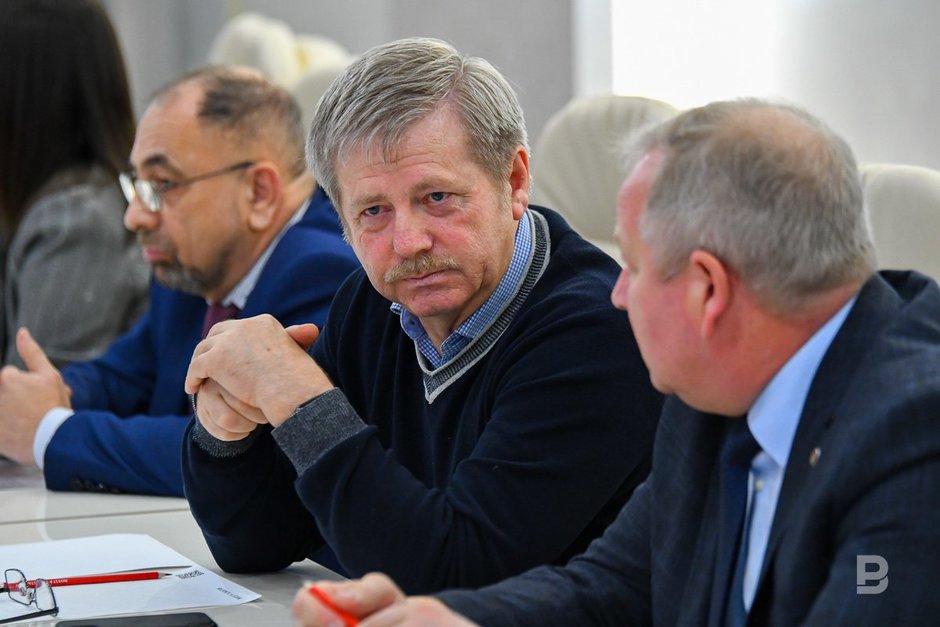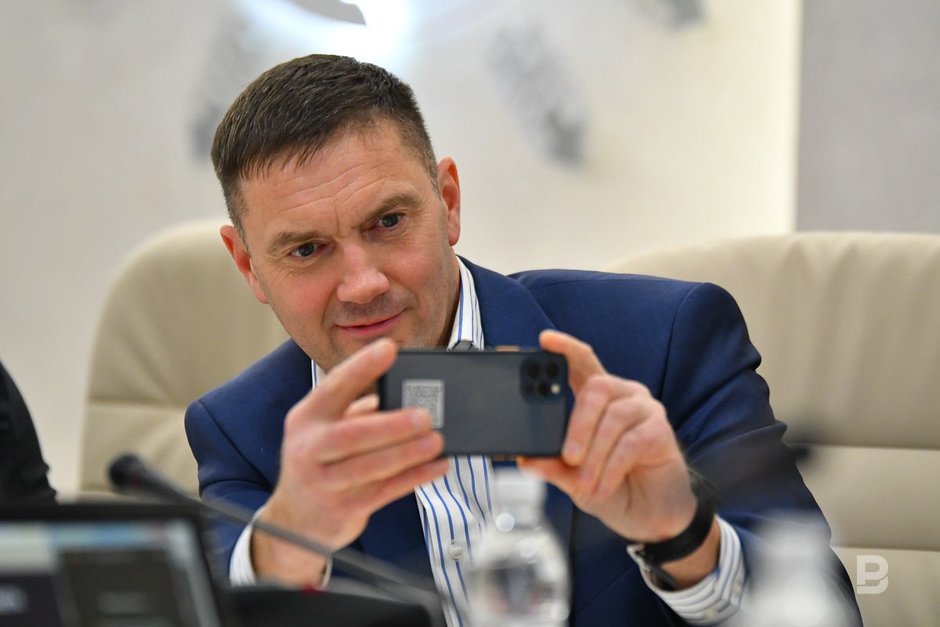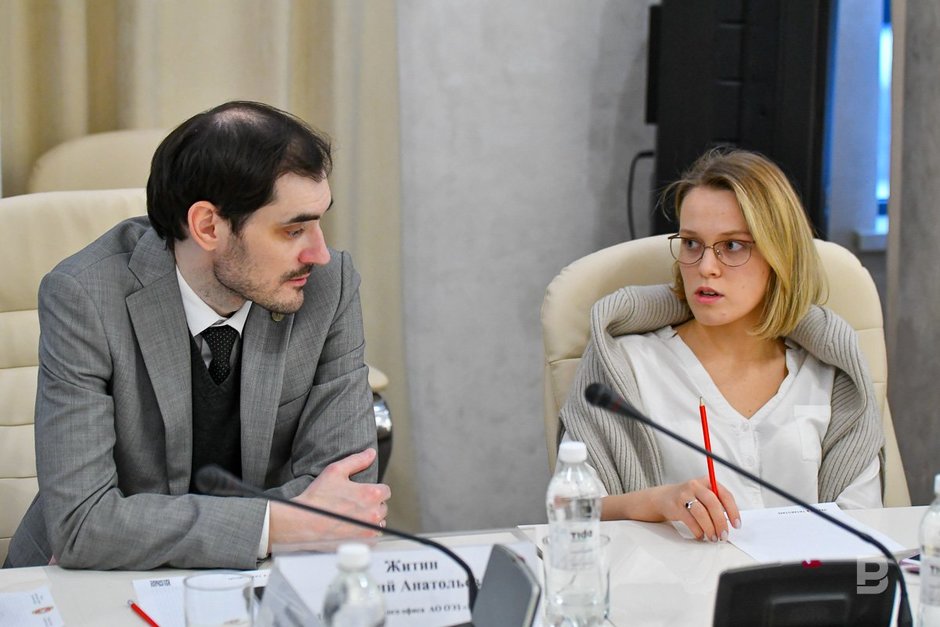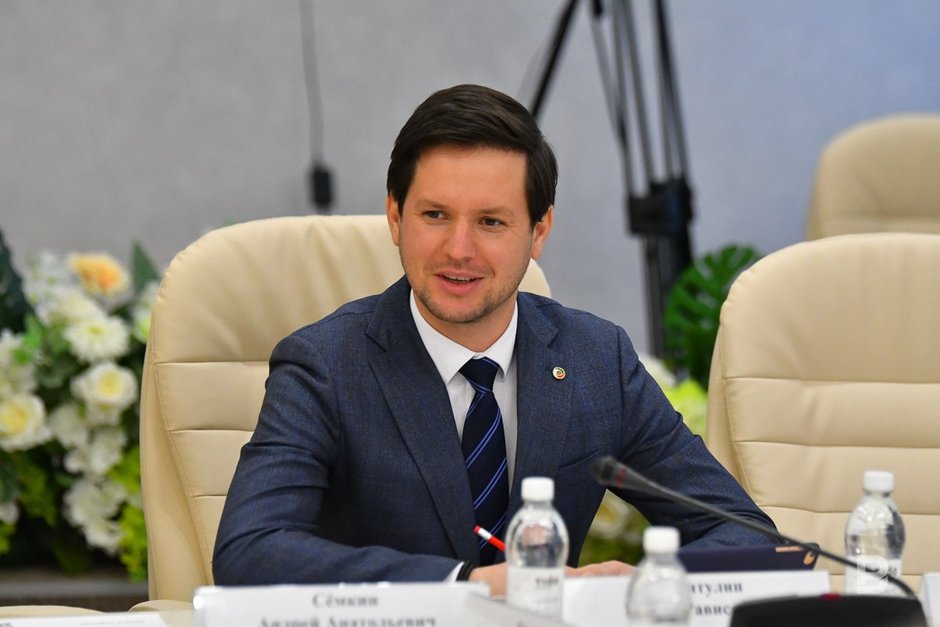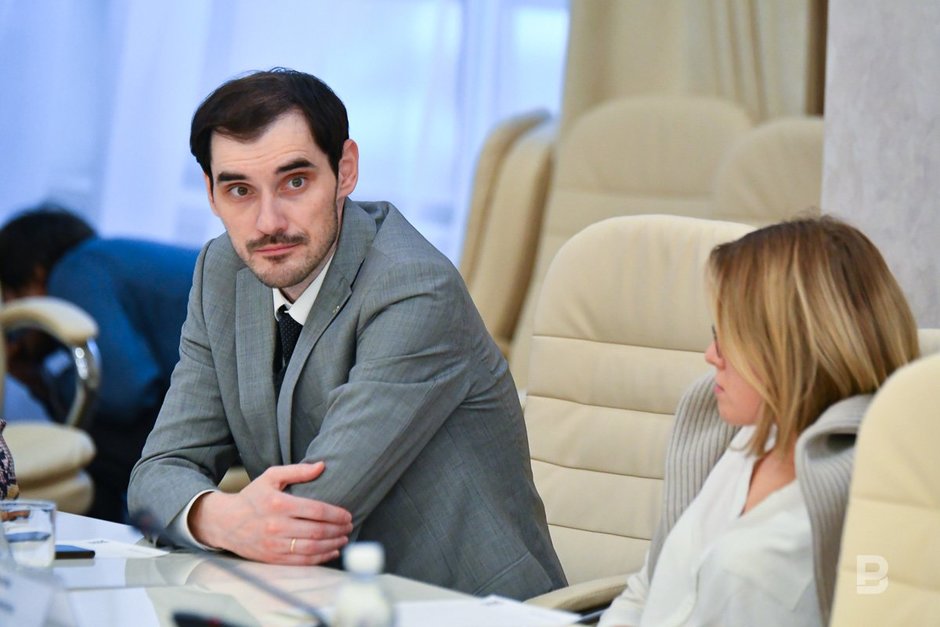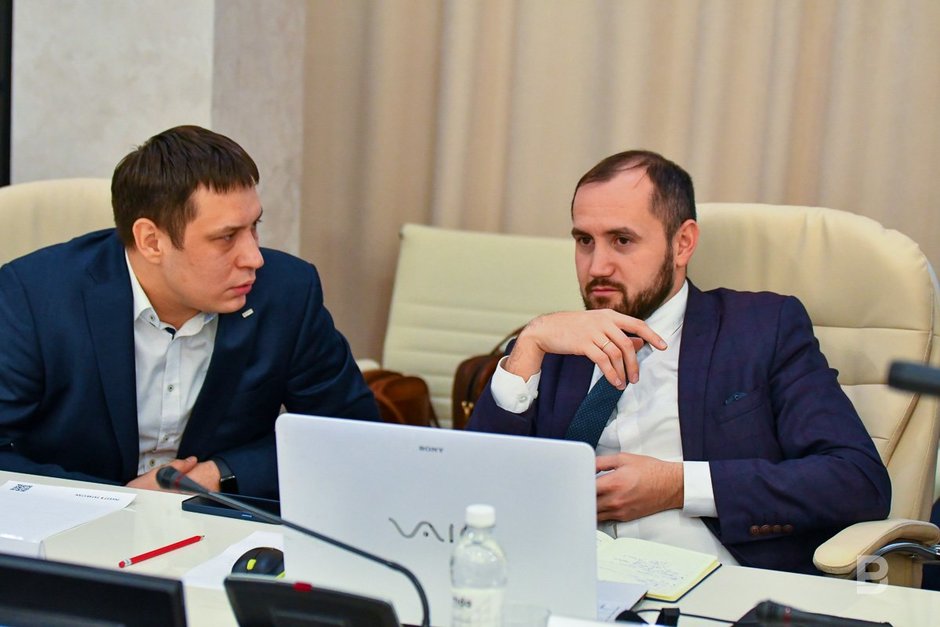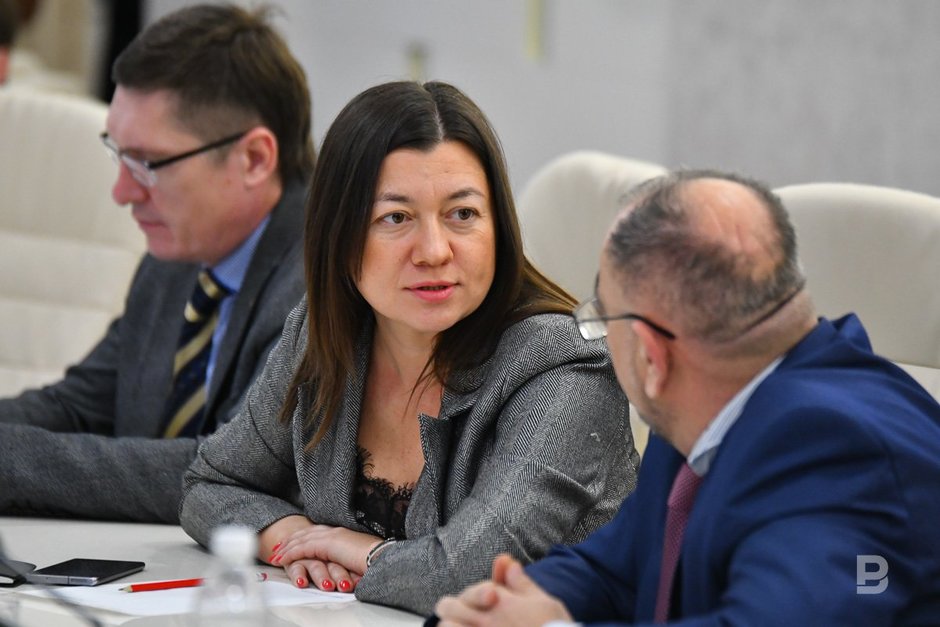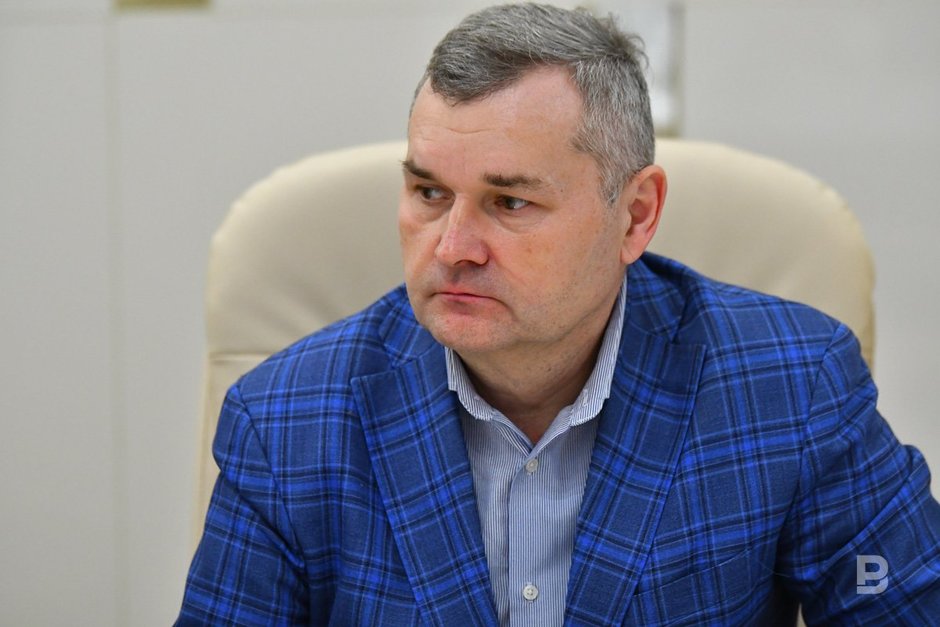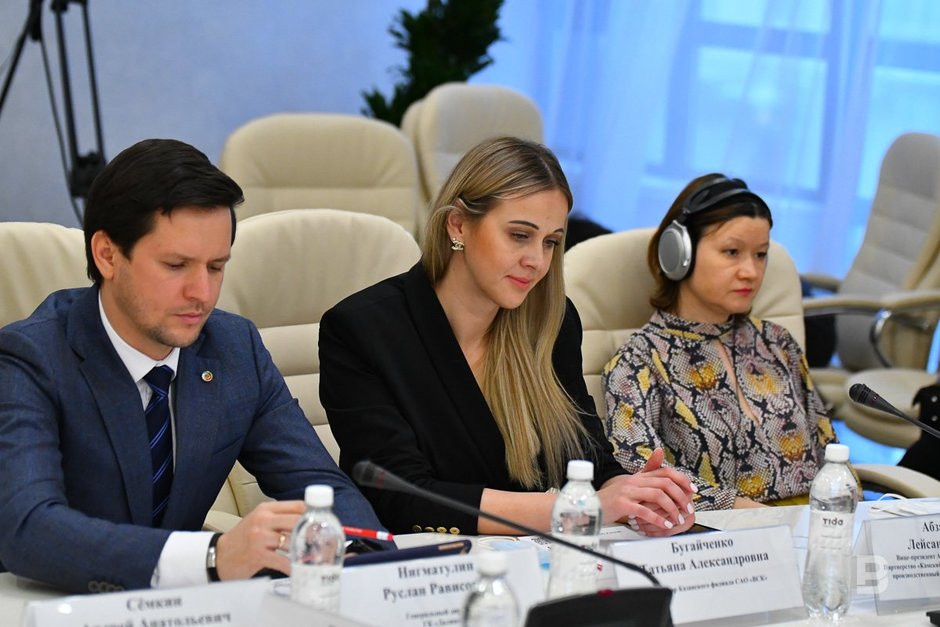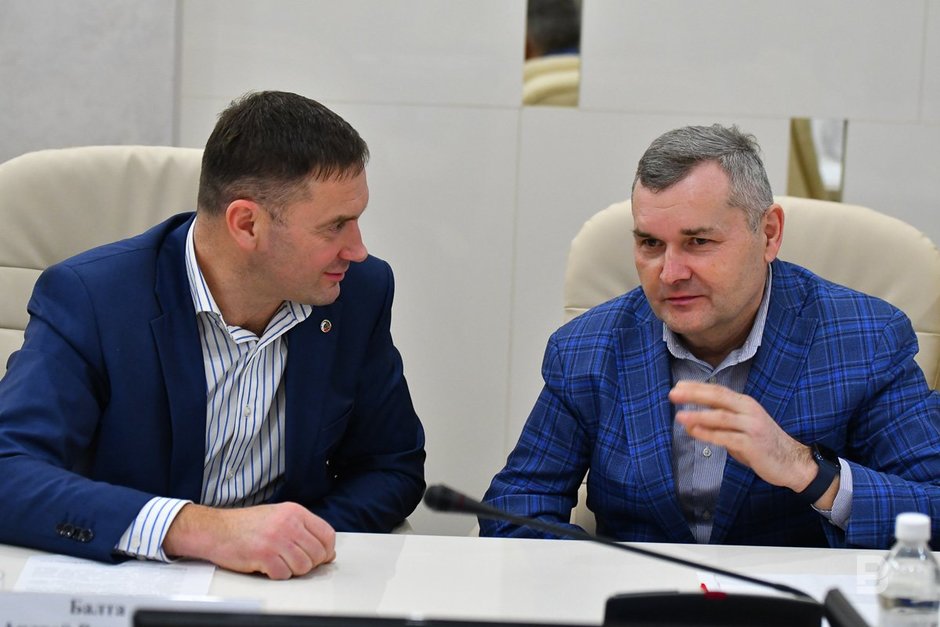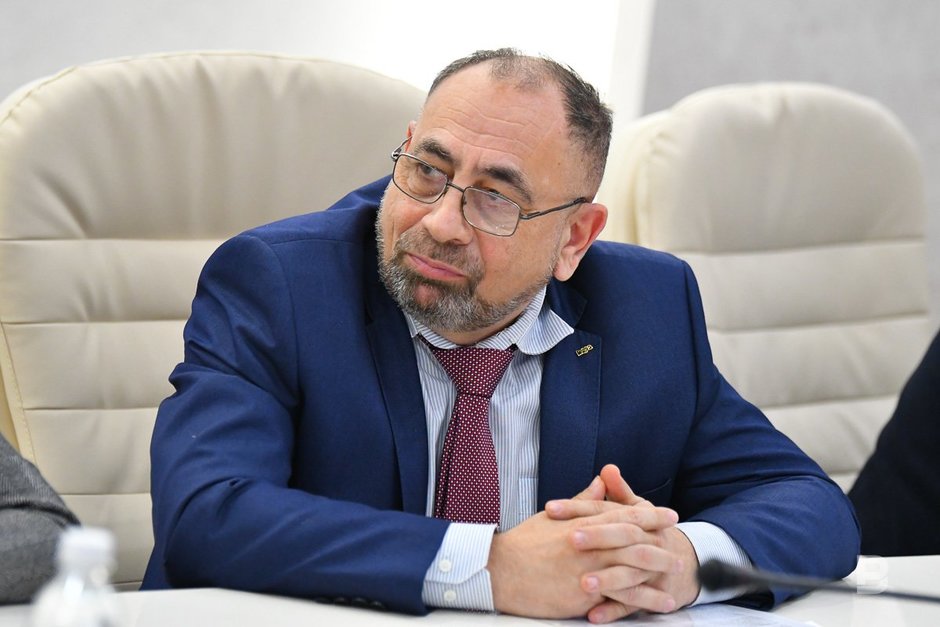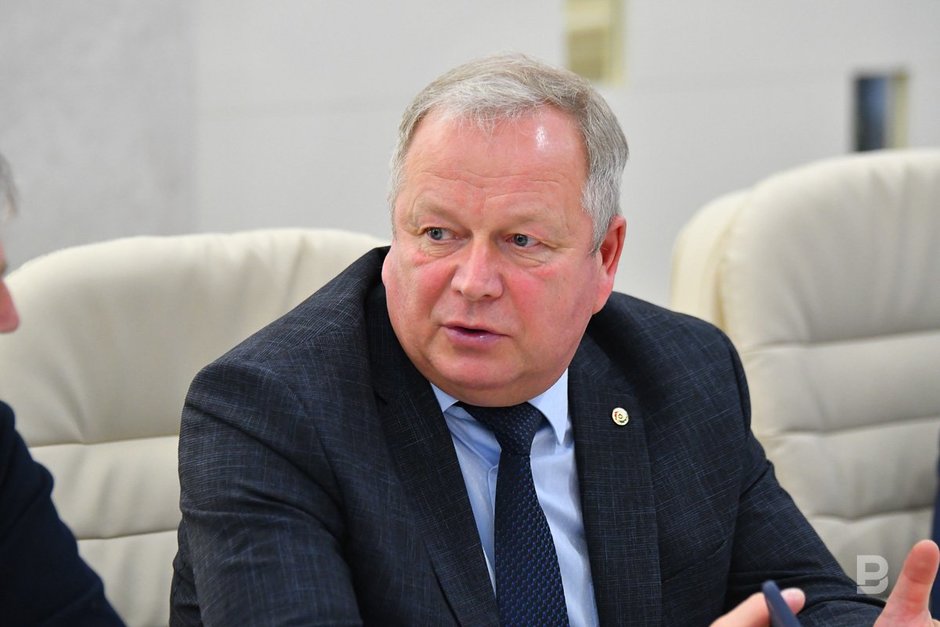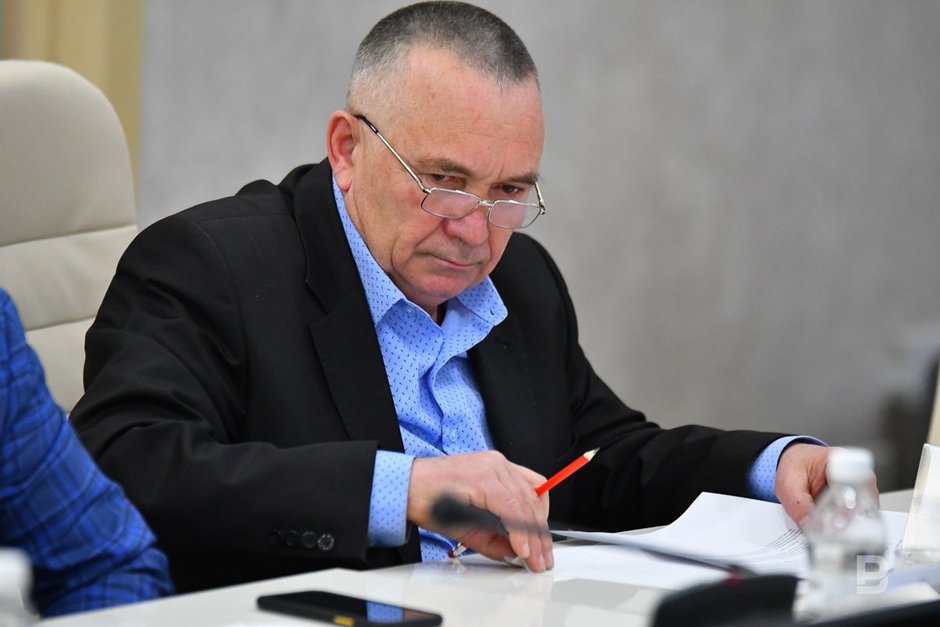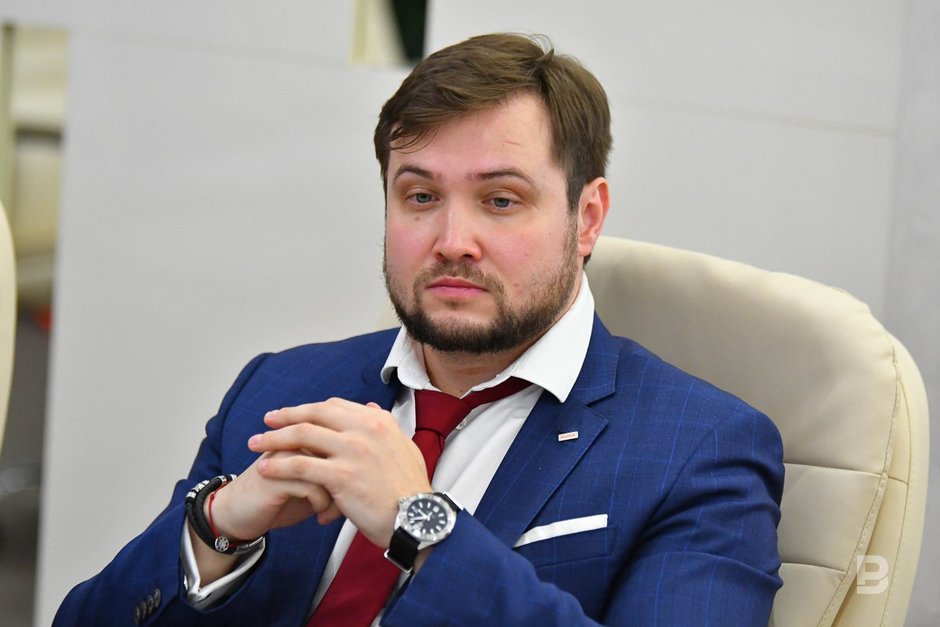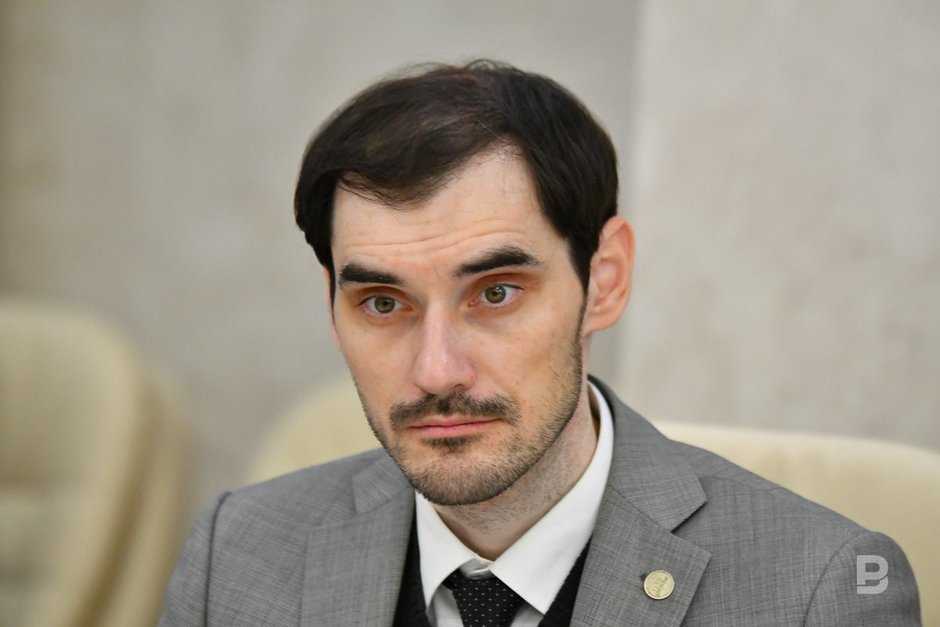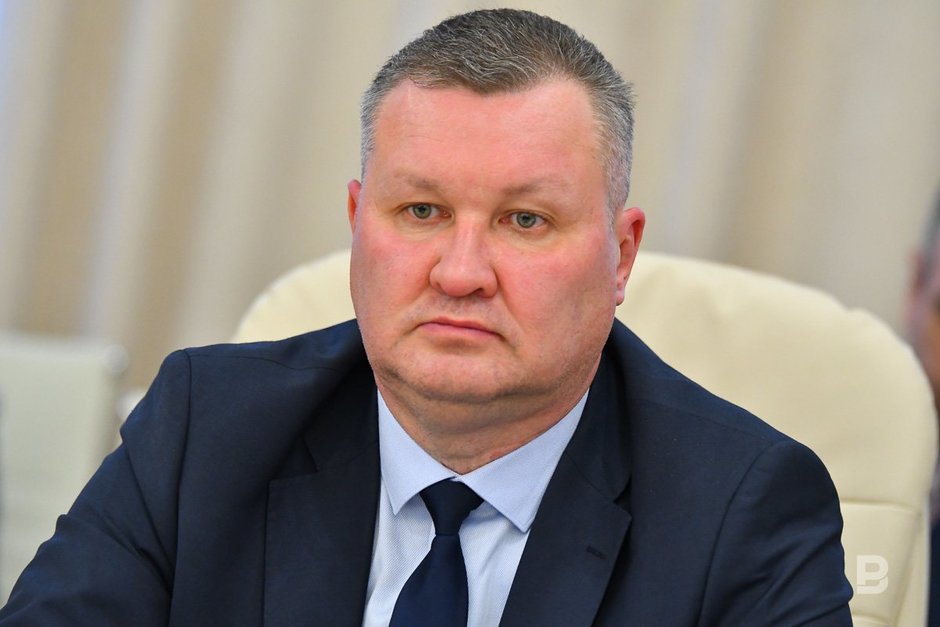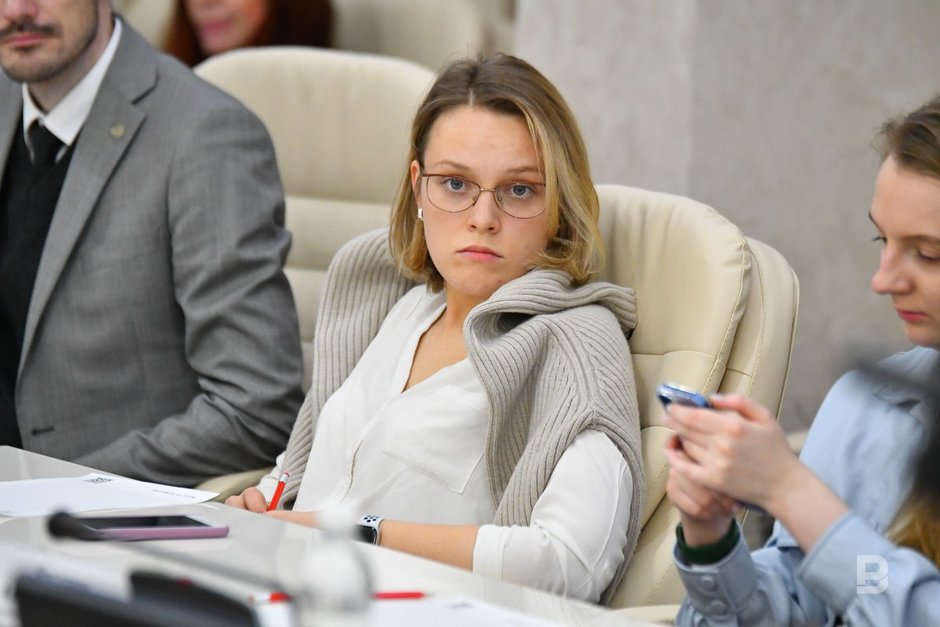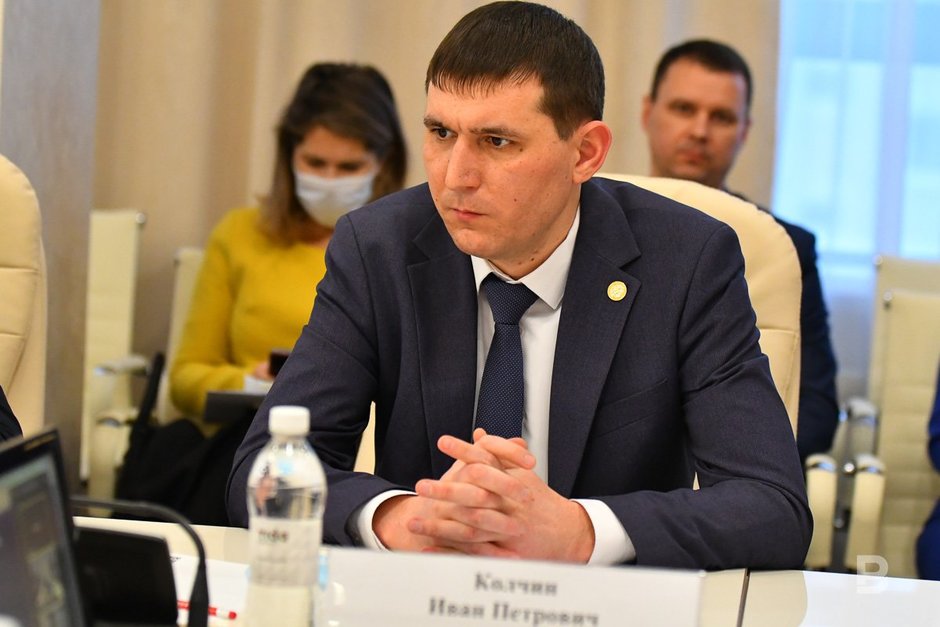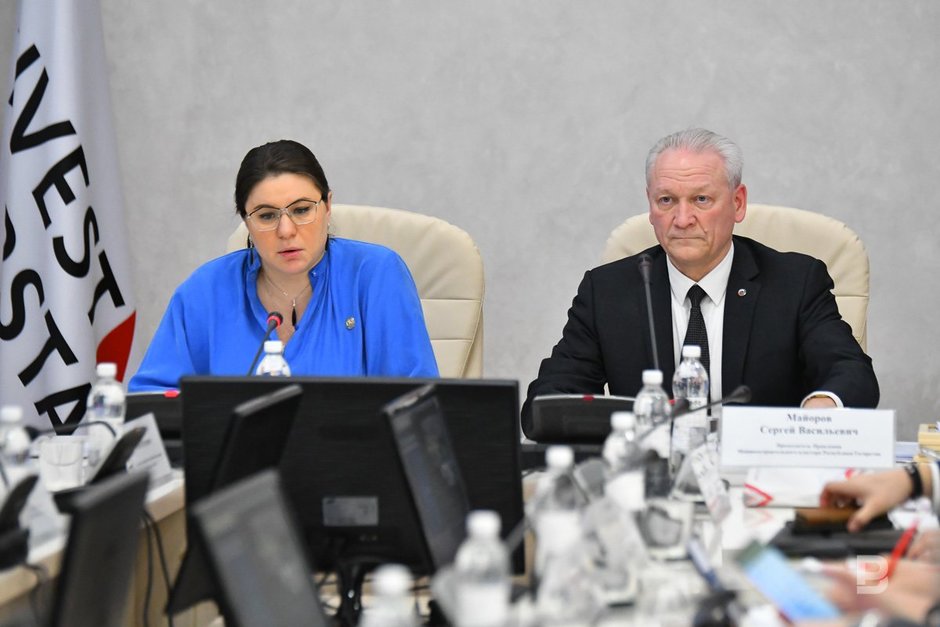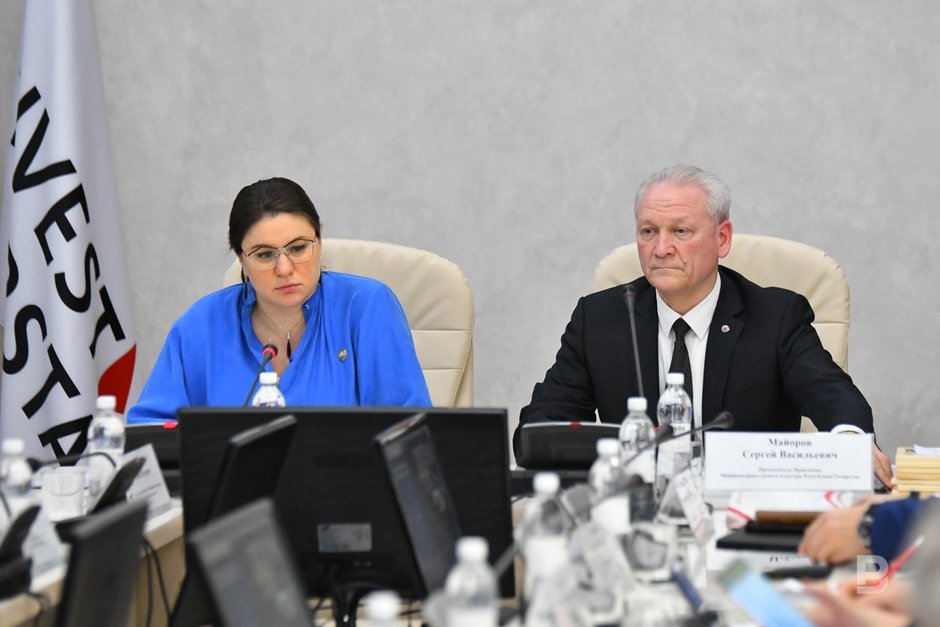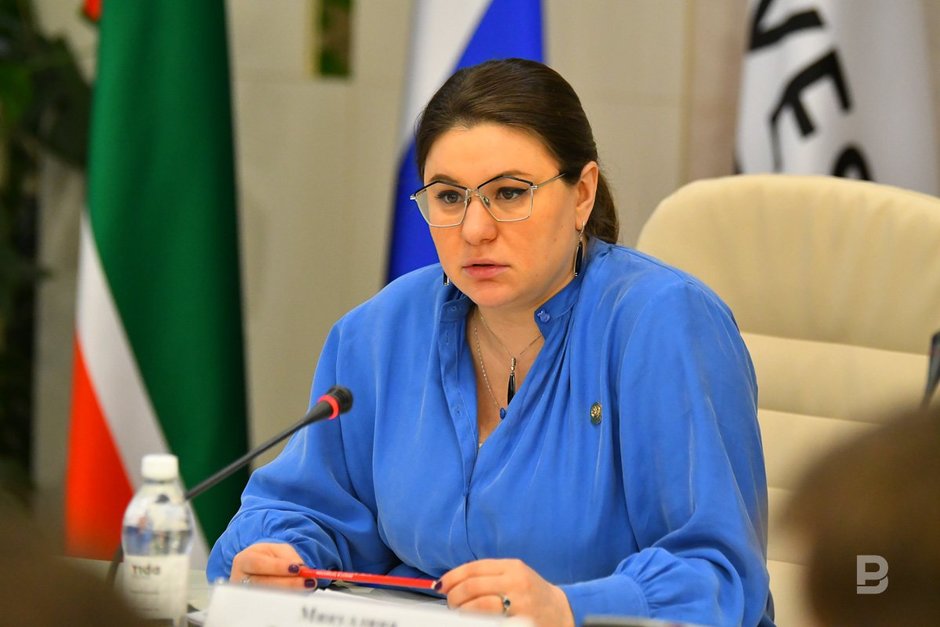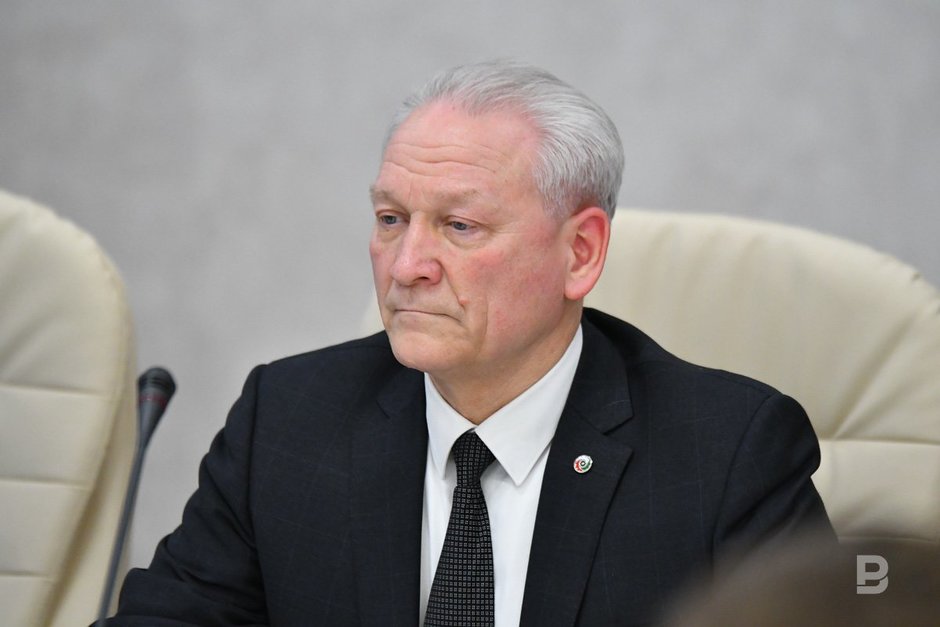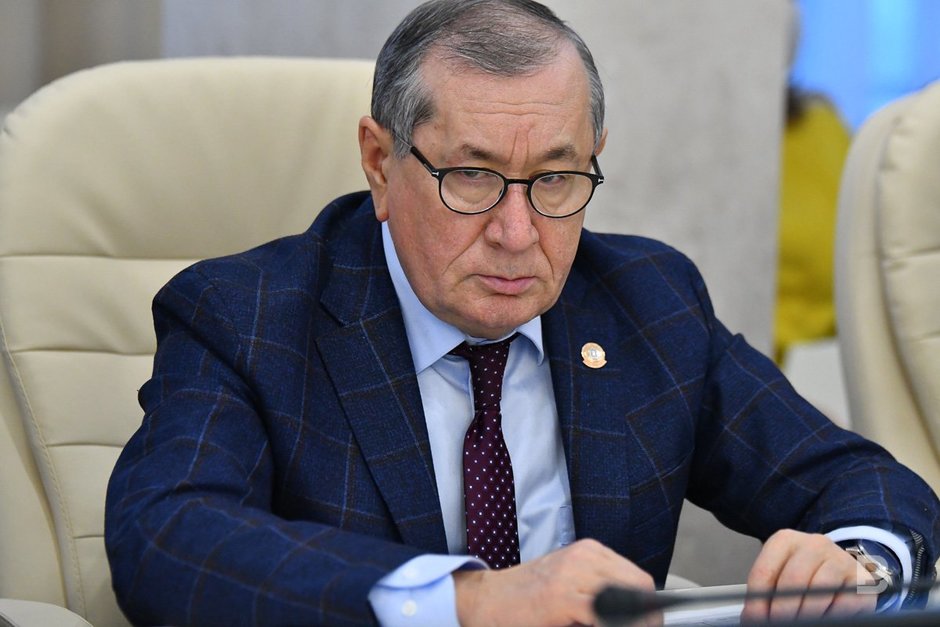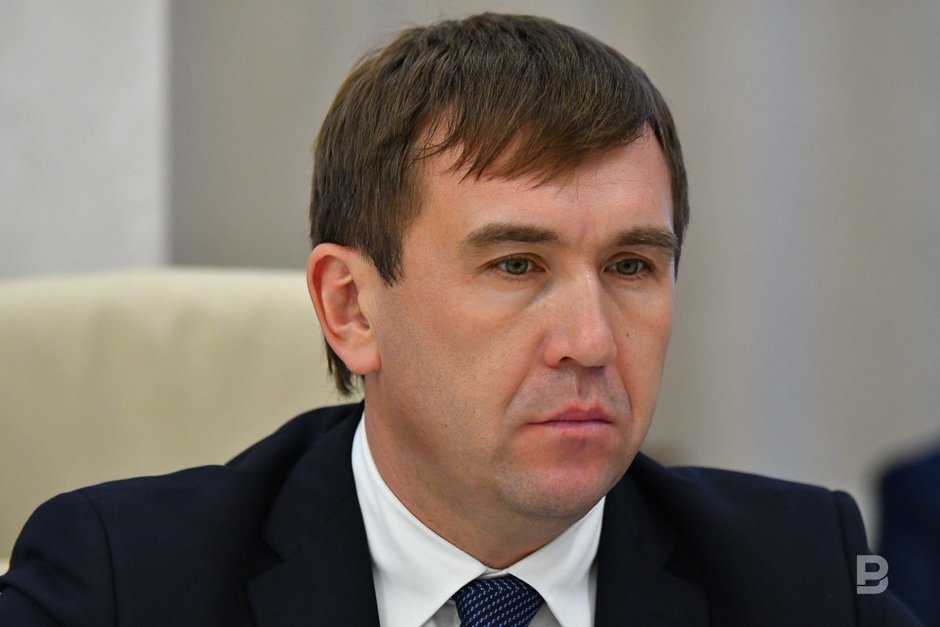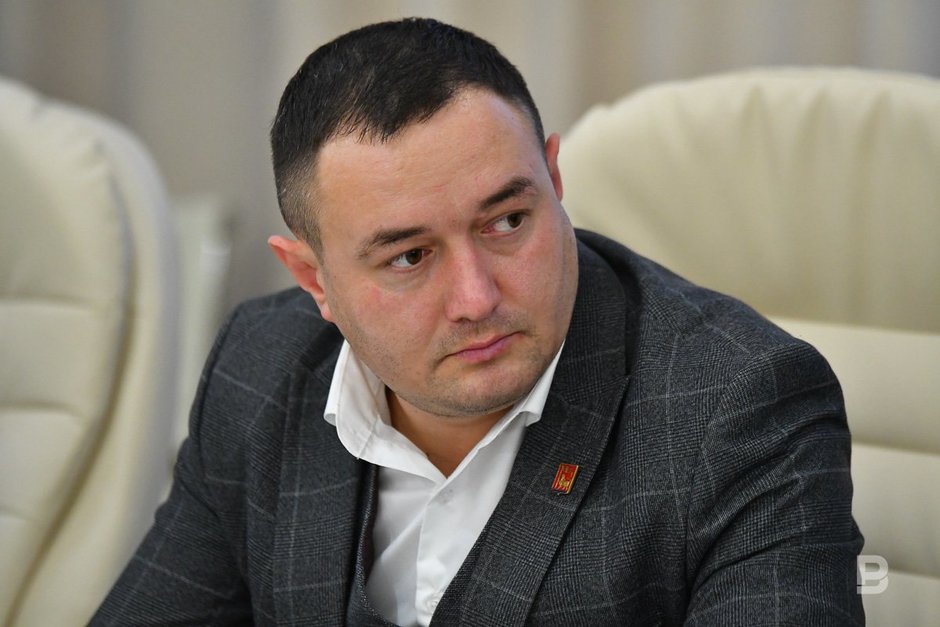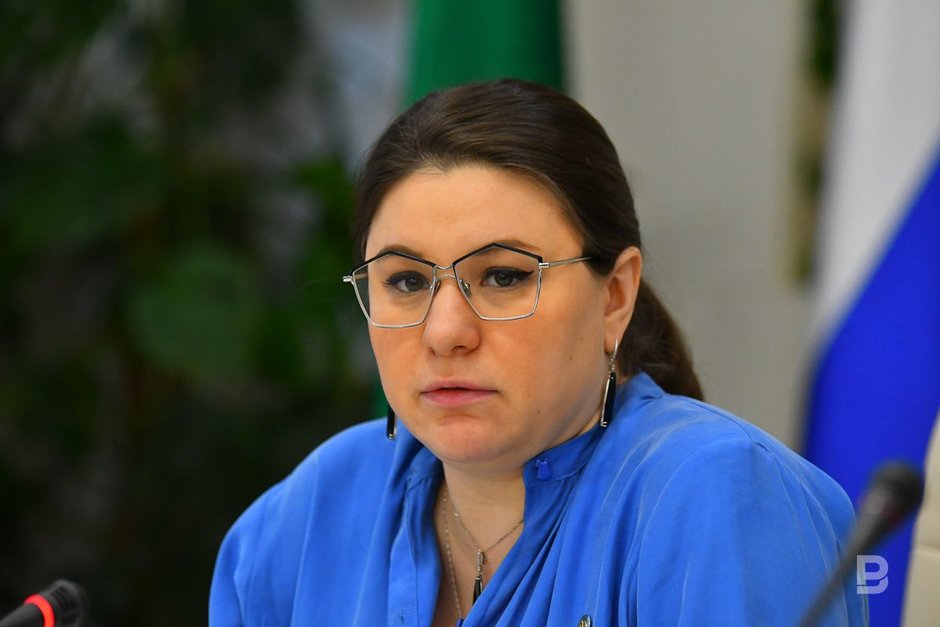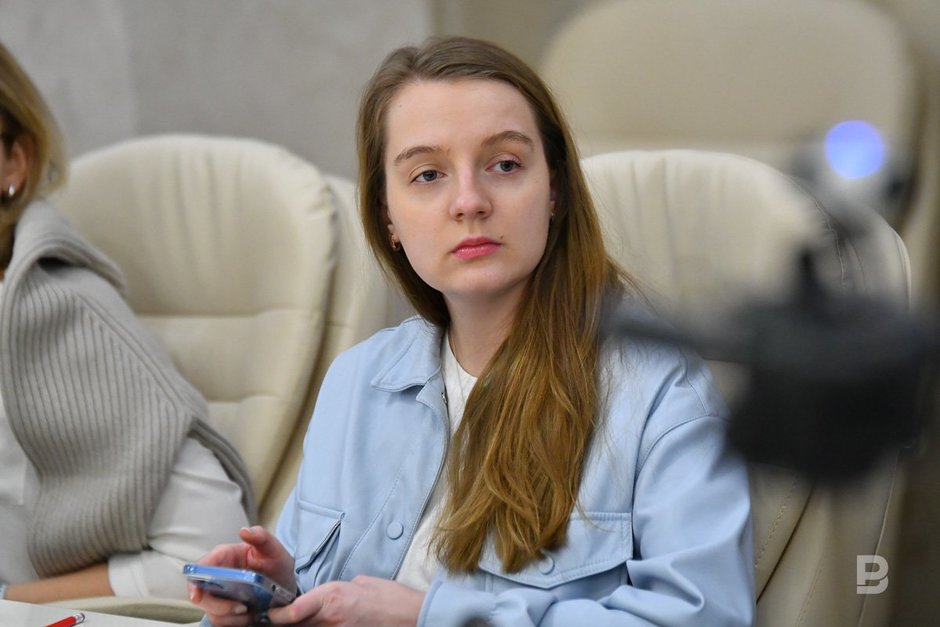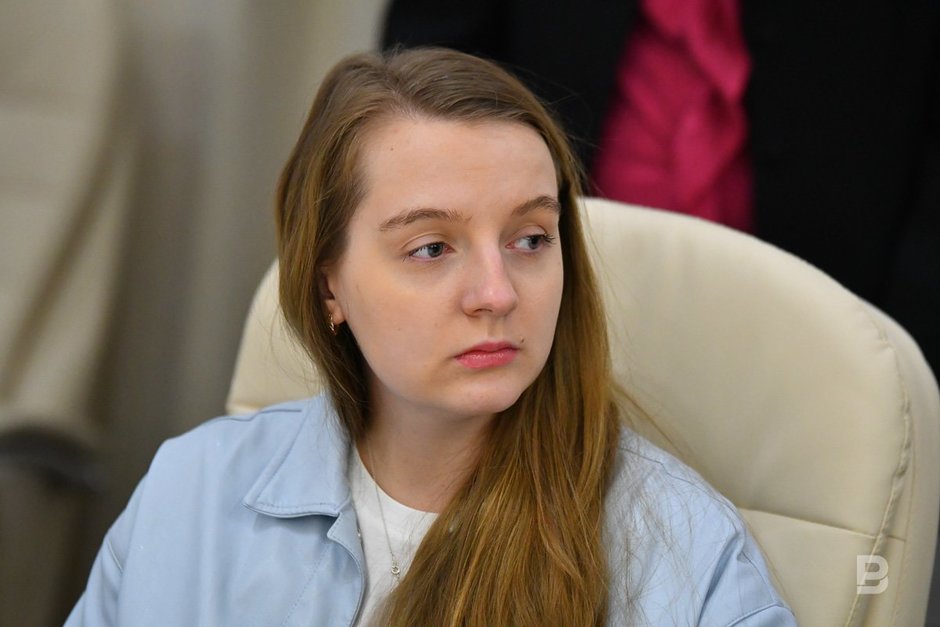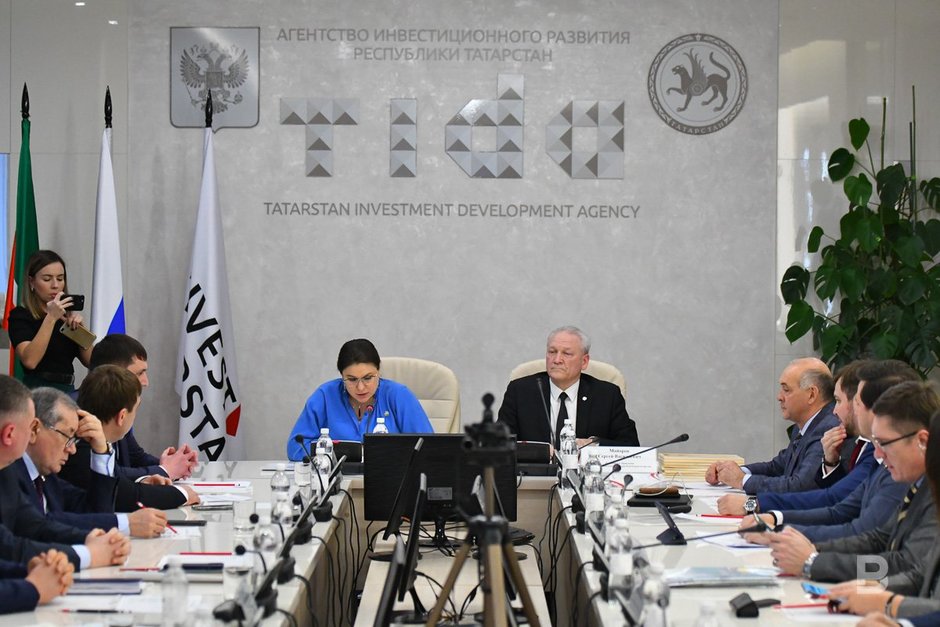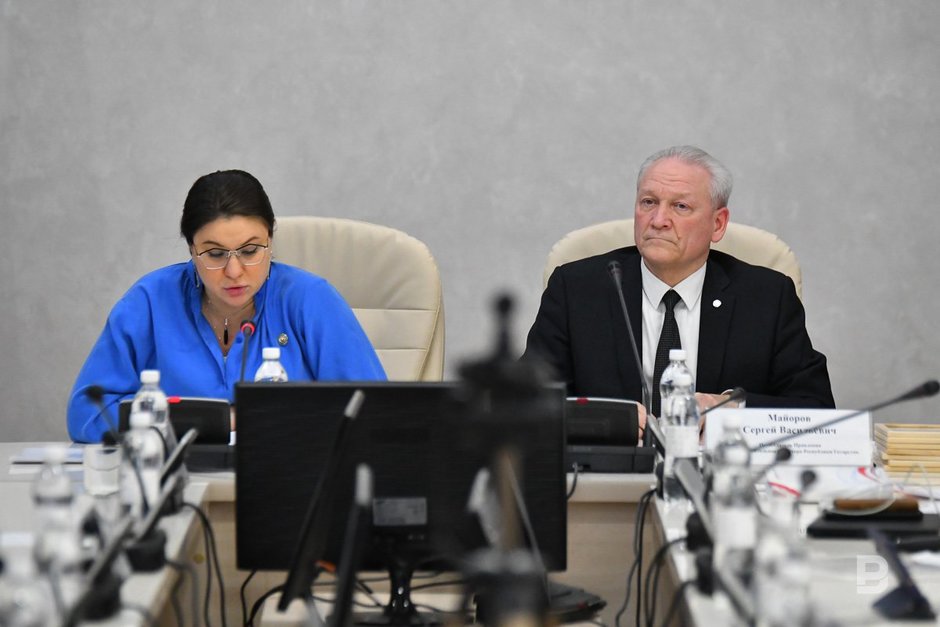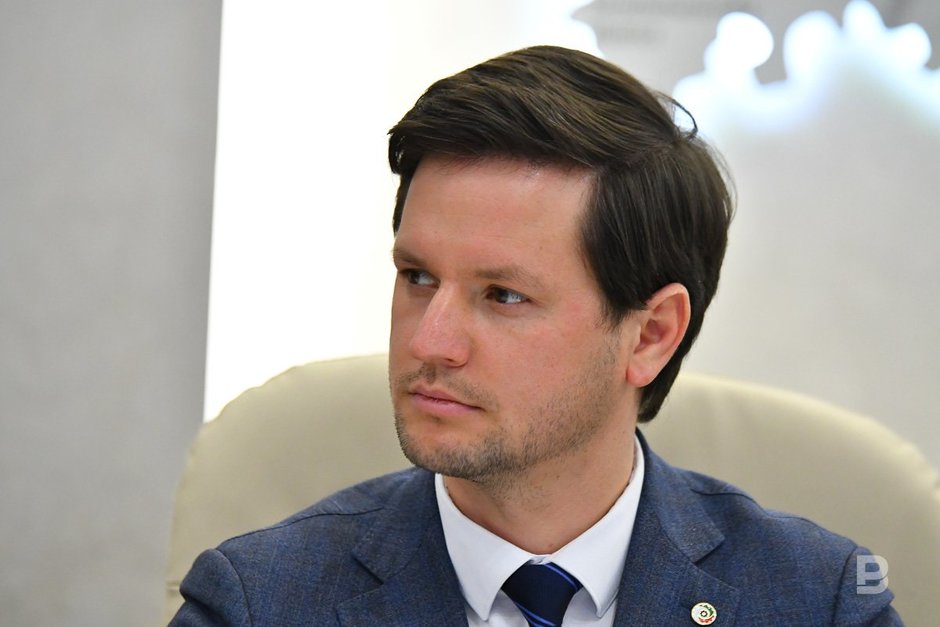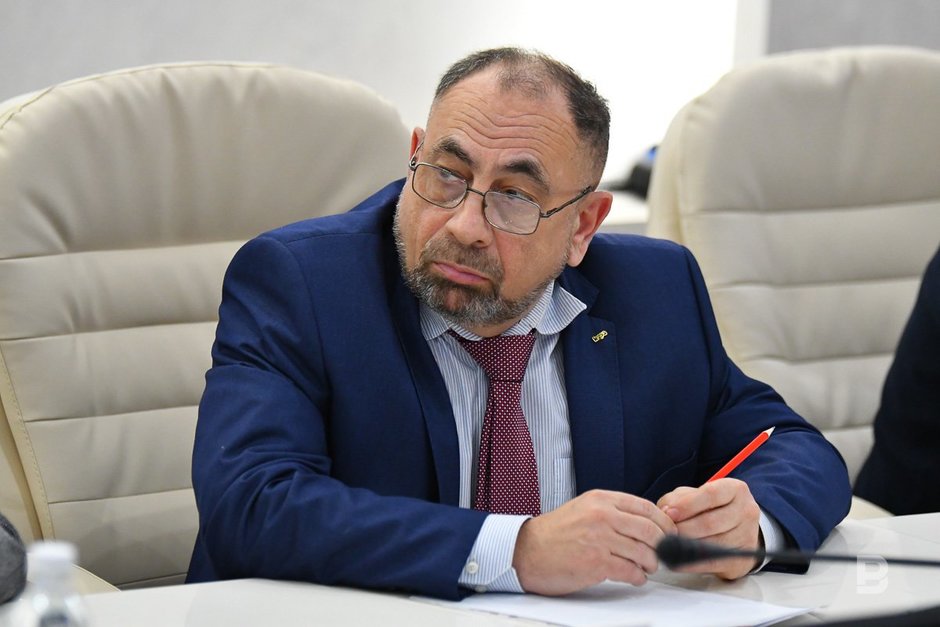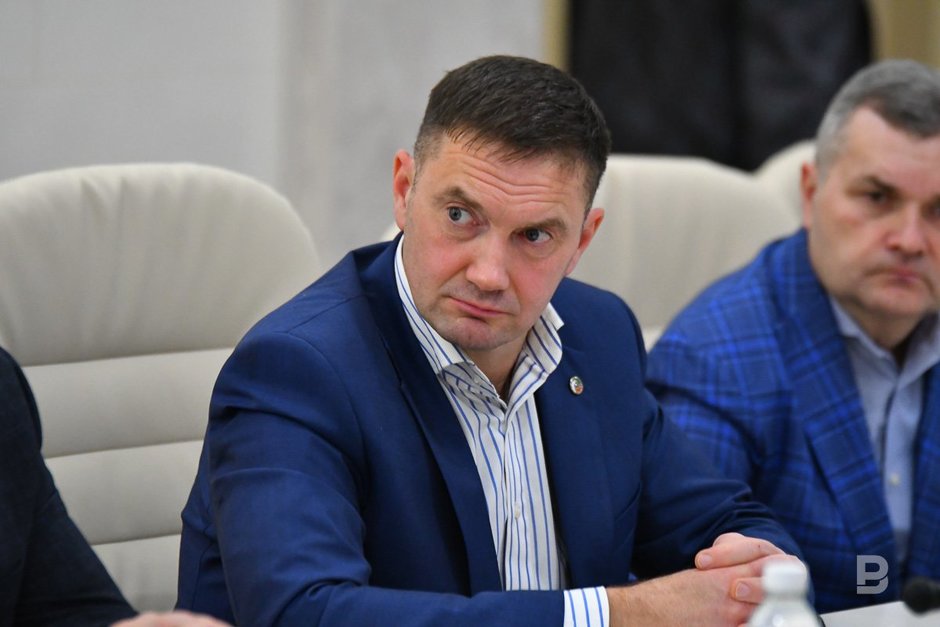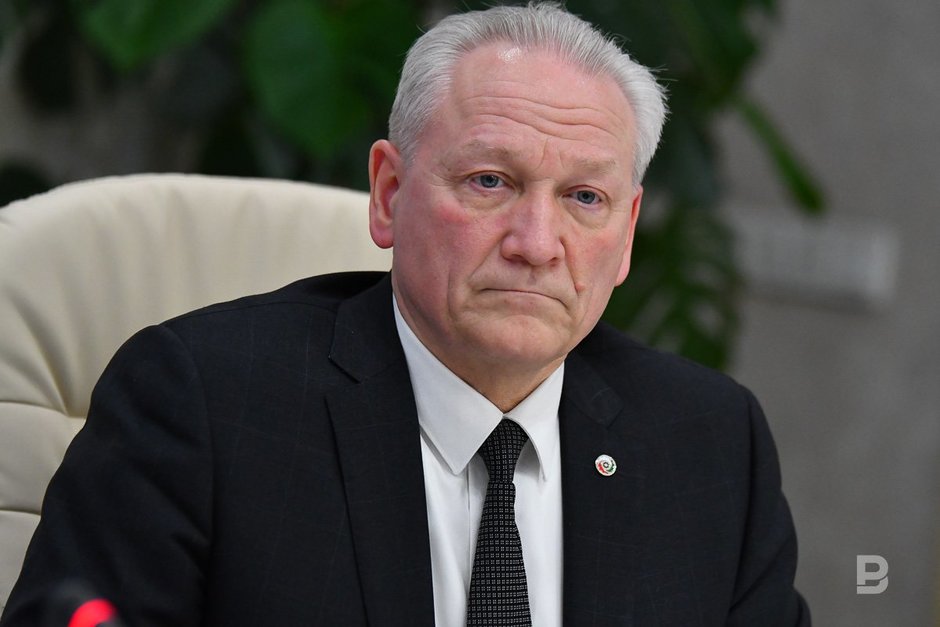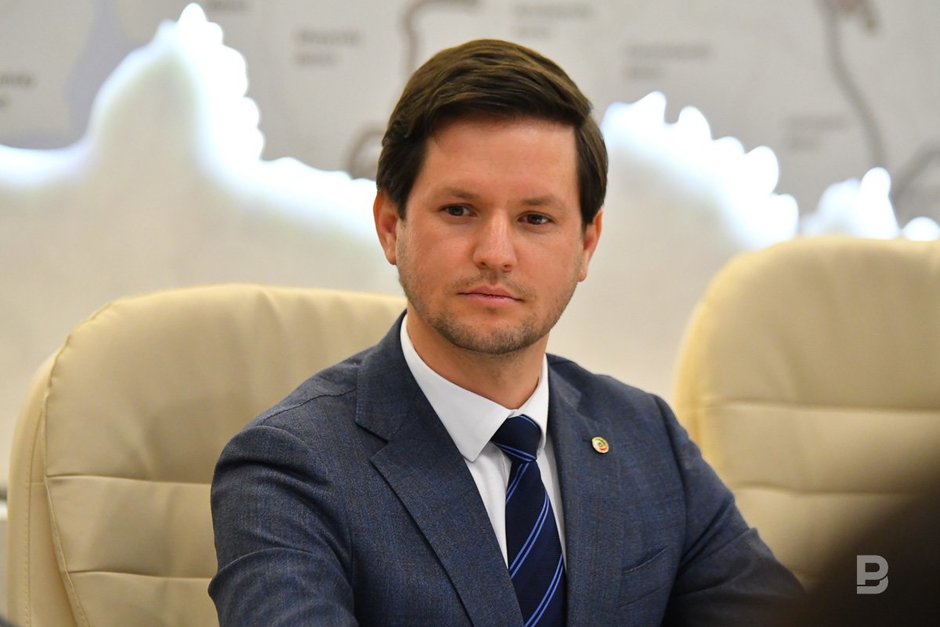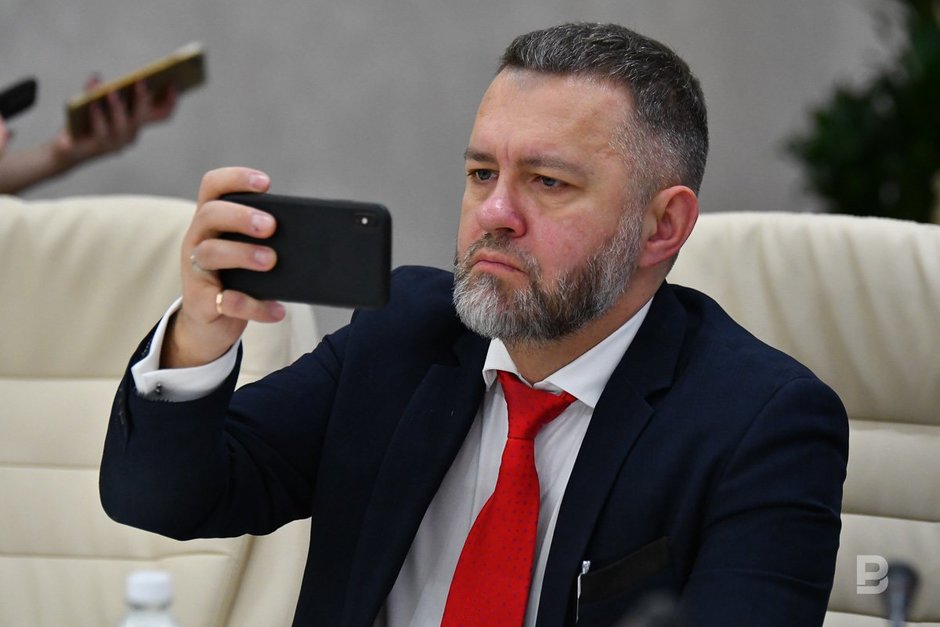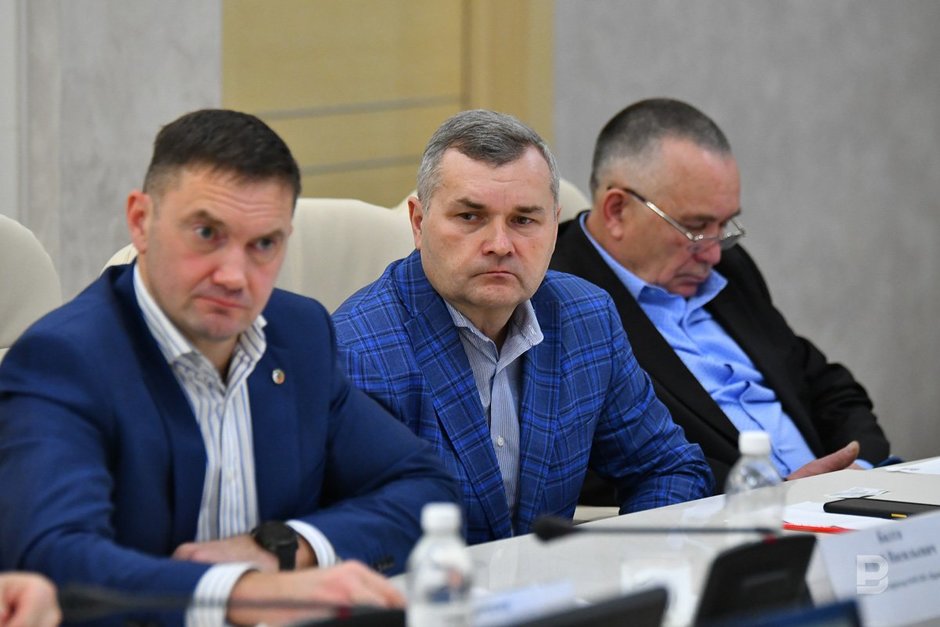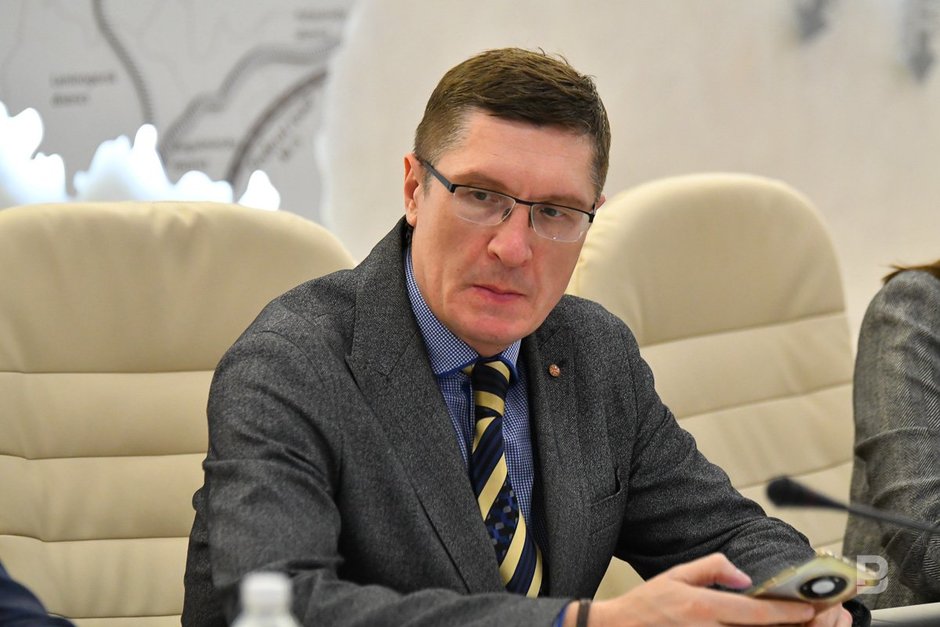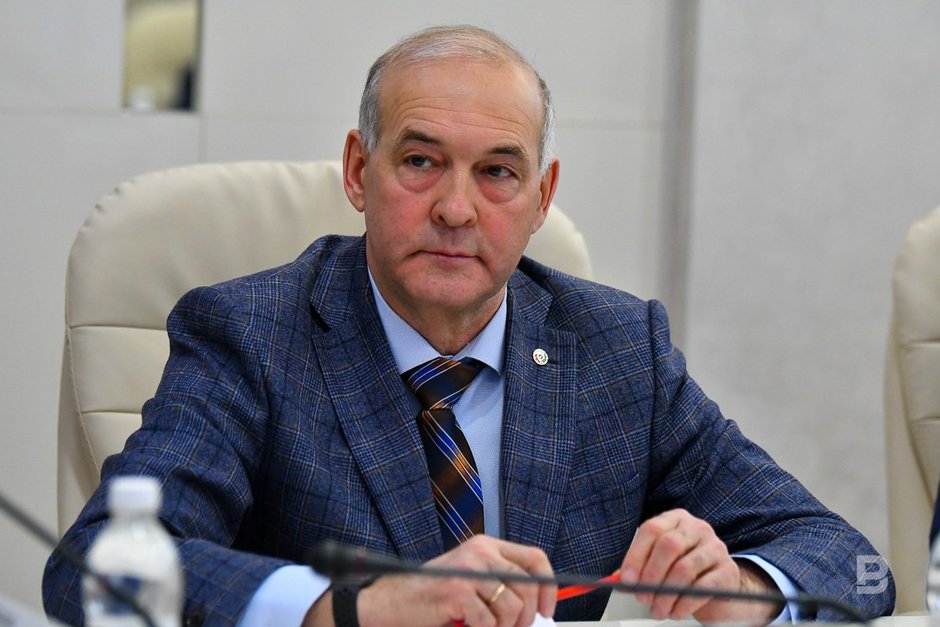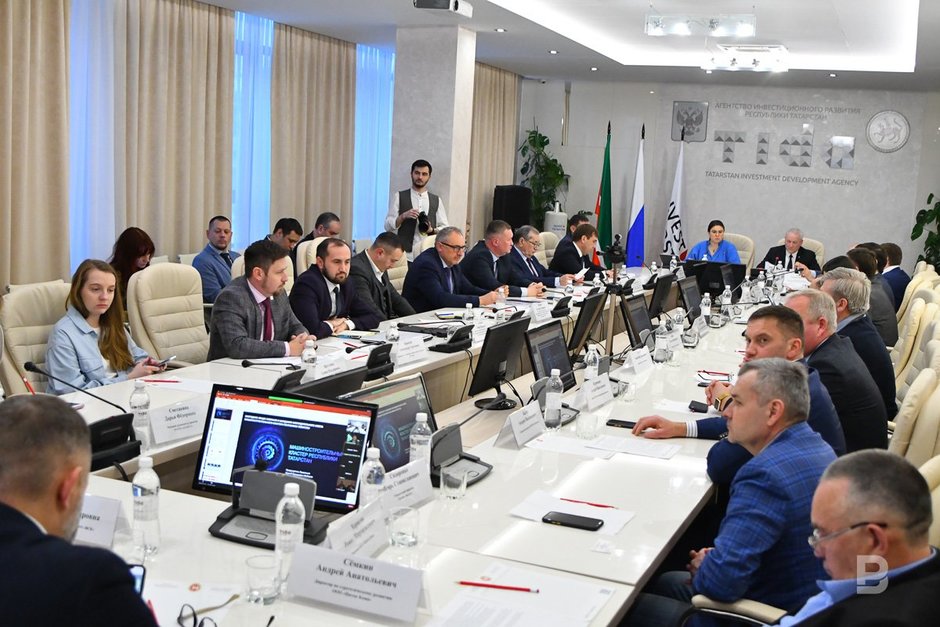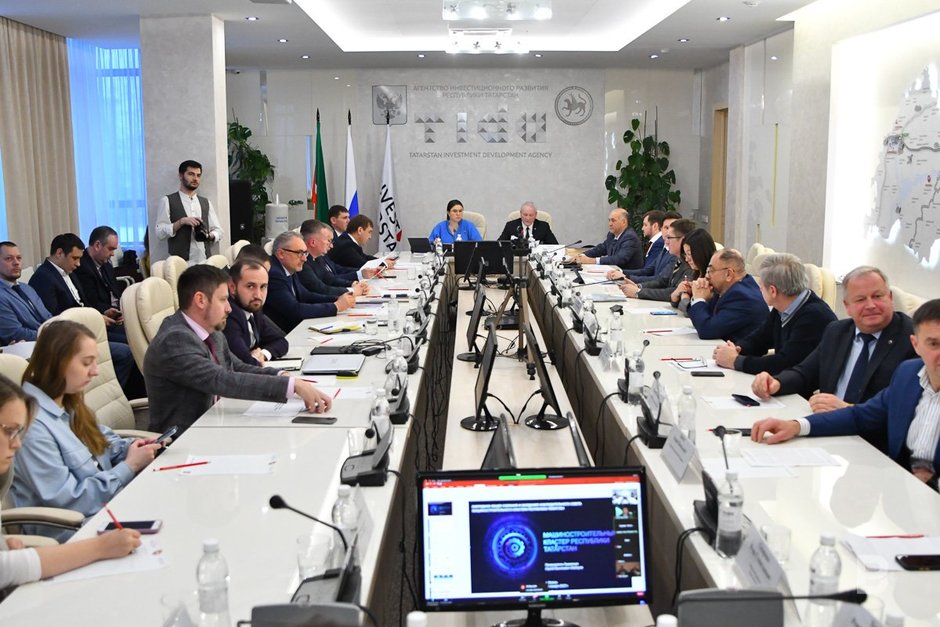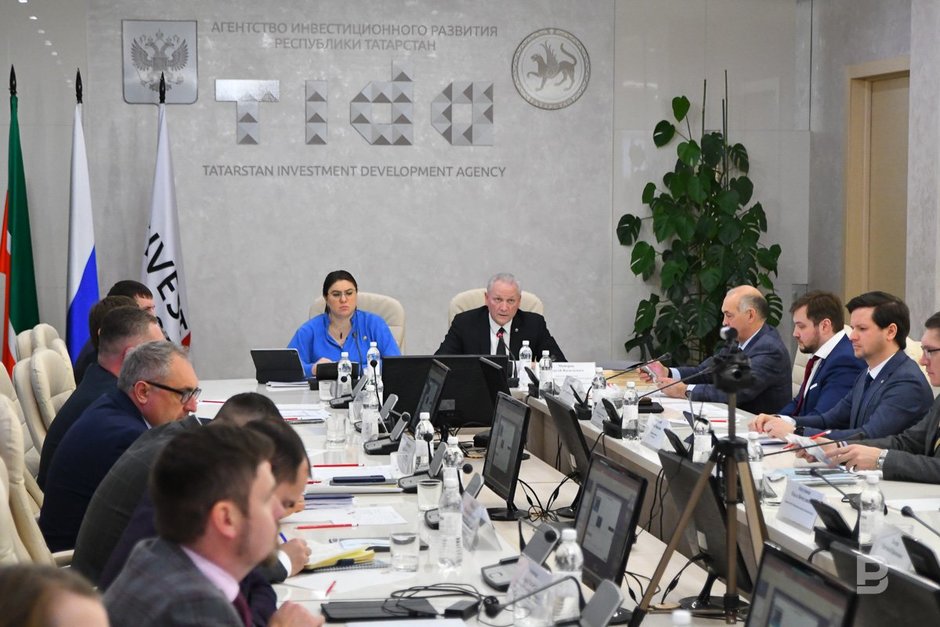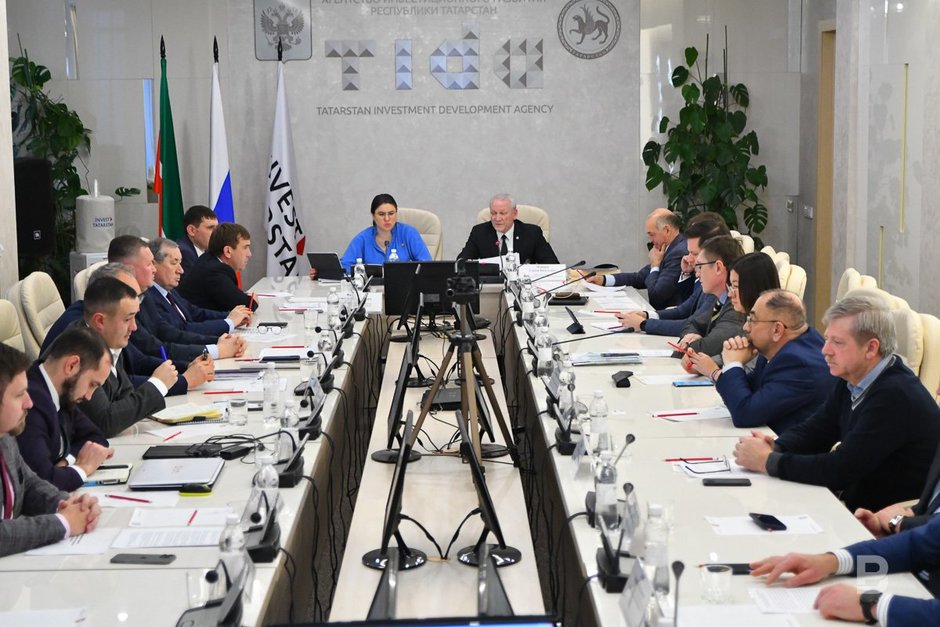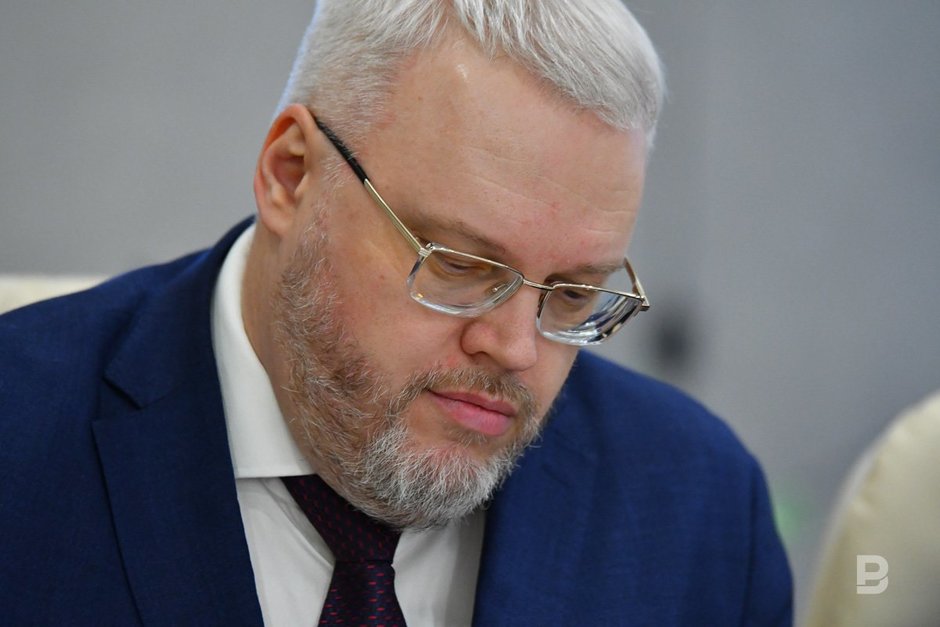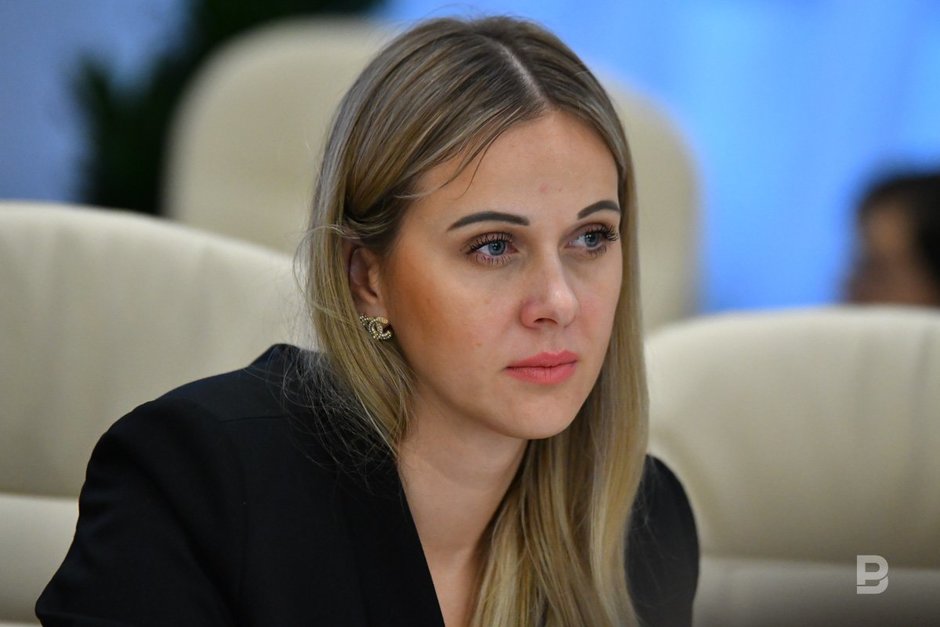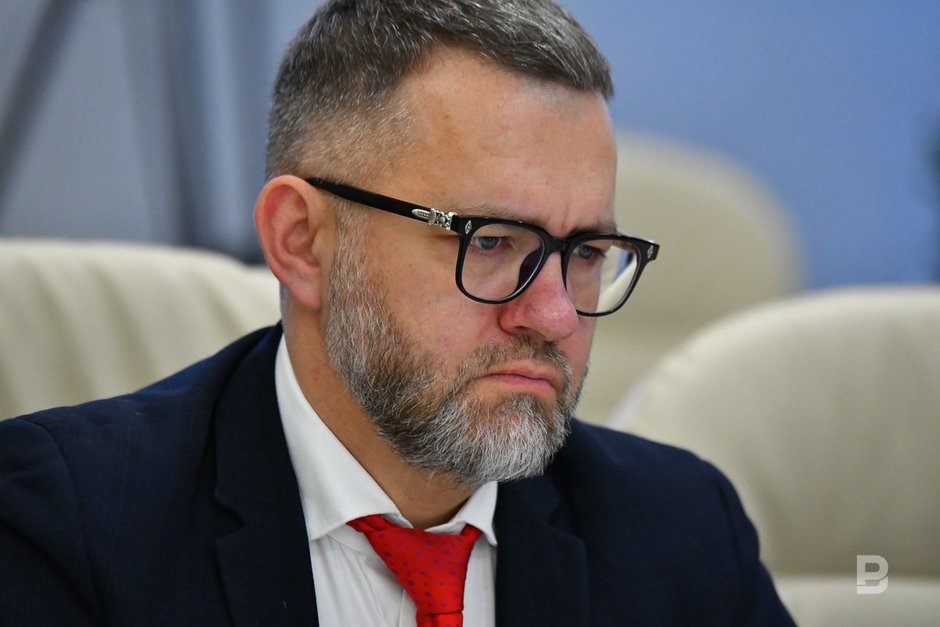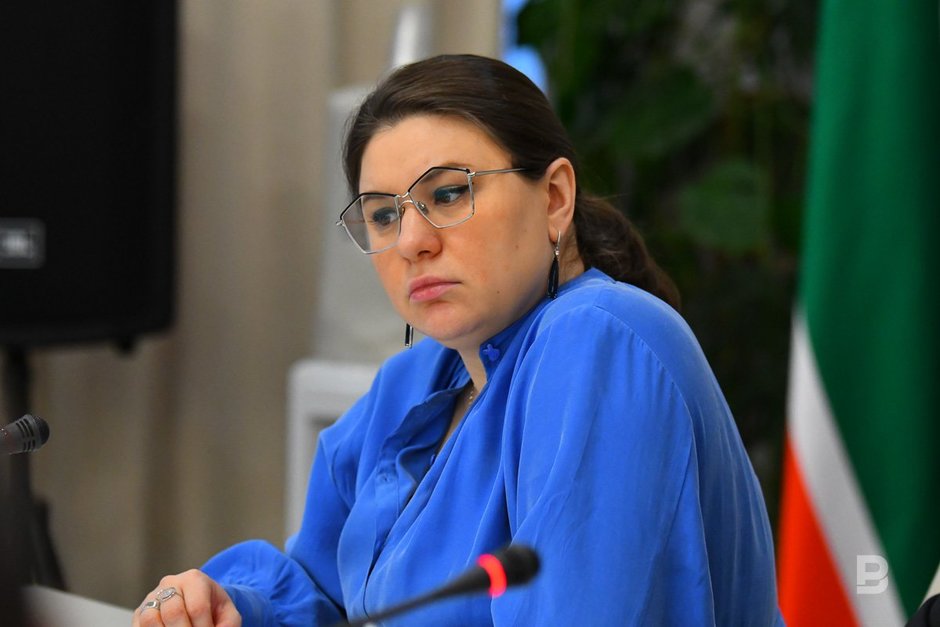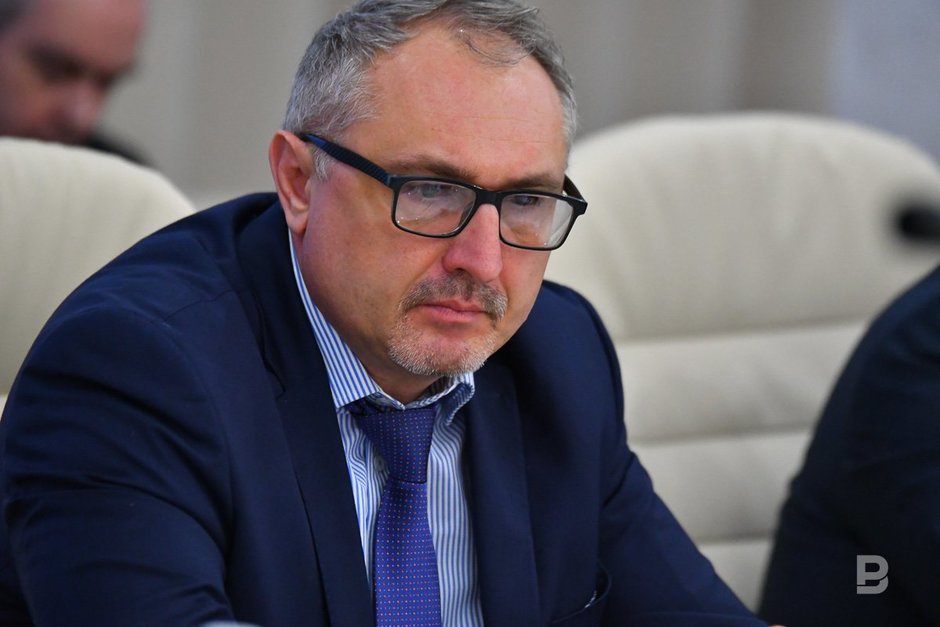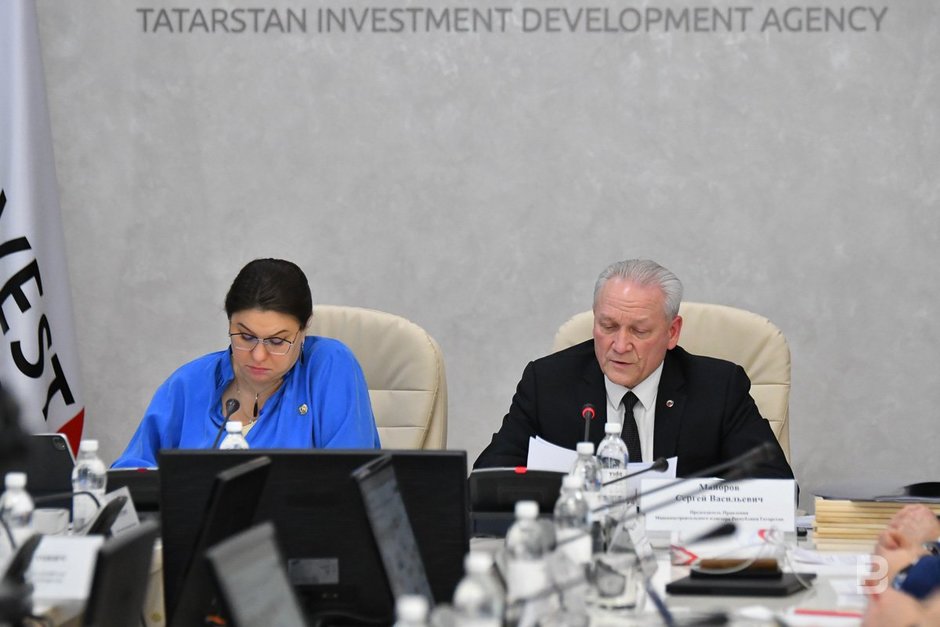Tatarstan’s mechanical engineering cluster loses 164 million rubles of subsidies
Industrial clusters are a modern mechanism designed to help the business of all organisations and receive state support. Sometimes this mechanism work accurately and smartly, sometimes it fails. At a general meeting of the Board of Supervisors of Tatarstan’s mechanical engineering cluster Realnoe Vremya’s correspondent attended, there were voiced both problems and said mistakes that they would still have to work on.
A thousand buses — is much or little
Rafael Batyrshin, head of the Committee for Market Development, Director General of RariTEK, complained about some market unfairness. RariTEK produces buses running on gas and reaches the production plan of a thousand buses a year. The assembly of such a number of vehicles is over 300 jobs, the number is serious, but there is prejudice about the company in management circles. For some unknown reason, the company cannot enter the club of big producers.
“Figuratively speaking, decision-makers claim we don’t make buses but assemble either wheels or mirrors. As a result of such an opinion, we are taken away the chance of receiving subsidies designed for large manufacturers,” he claimed.
Also, Rafael Batyrshin reported on the end of the design of a big liquefied gas plant in Tatarstan and the construction would soon start.
One in four foreign accumulator assembled in Yelabuga
Unfortunately, not all initiatives of the republic’s mechanical engineering cluster are supported by the state, its representatives said. Last year, the second stage of the Yelabuga accumulator plant’s project applied for a state subsidy. But the project didn’t receive the support.
Oleg Kulakov, head of the Committee for Cargo Transport and sales director of Korib, said that one in four accumulator sold abroad was created in Yelabuga, while the exports can increase if they participated in exhibitions more actively:
“The exhibitions where we could exhibit regional products aren’t held as often as we would like, and it is a problem to get to them. I think our ministries can provide more active support.”
And this isn’t the only problem. Oleg Kulakov is convinced that members of clusters should have some preferences when receiving subsidies. There is a big state task of staff training besides money. Its solution, of course, is not one’s own problem. And it would be more correct to create an educational centre in the cluster that would not only train new specialists but also retrain current workers.
Subsidies of Russian funds are real
Money is the most important need of any business. Alexander Borisov, director of IT Technopark, said that enterprises registered in the company received about a billion rubles of different types of investments:
“IT Park is a consultancy that helps to receive state support. For instance, nowadays Skolkovo provides grants for information technologies and separately for AI systems. While we are today the best regional operator of Skolkovo. And this isn’t the only opportunity. The Russian Fund for IT Development provides grants of up to 300 million rubles to create software. 10% compensation can be received from the Ministry of Industry Trade to develop digital solutions.”
100 factories in the village
Sergey Mayorov, board chairman of the Tatarstan Mechanical Engineering Cluster, explained how the cluster had grown and developed in the last two years. The number of the members of the cluster reached 170 organisations from 15 regions of the Russian Federation. There are members from France and Germany. 10 business missions were conducted in 2020-2021. Members of the cluster participated in 20 exhibitions and forums where 24 agreements were signed. Agreements with 24 countries were signed. There were signed cooperation agreements with 79 Russian regions. In 2021, members of the cluster developed 21 priority projects. Nowadays it is planned to complete 10 and launch 10 new projects on innovative products and services. In state support, members of the cluster can hope for up to 300 million rubles of investments for two or more members in one project.
“This year, we will launch a new big project to create new plants in rural technoparks. The project’s capitalisation is assessed at 50 billion rubles. And if we manage to receive support of the republic, we can fill all rural technoparks with operating enterprises and will implement the programme 100 Factories in the Village,” Mayorov concluded.
